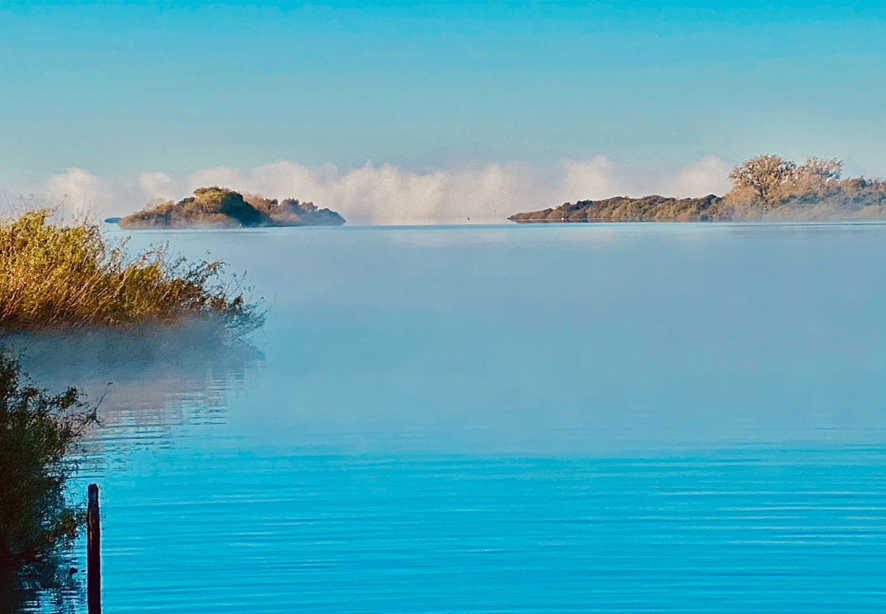Dieison A. Moi, Alejandro D´Anatro, Ivan González-Bergonzoni, Nicolás Vidal, Ivana Silva, Benoit Gauzens, Gustavo Q. Romero, Bradley, J. Cardinale, Claudia C. Bonecker, Vítor Carvalho-Rocha, Franco Teixeira de Mello
This is a plain language summary of a Functional Ecology research article which can be found here.
There is now sufficient evidence that fish biodiversity in riverine ecosystems is declining over time, largely driven by human activities. It is expected that a decline in fish diversity could have serious consequences for the functioning of riverine food webs. Despite that, the long-term consequences of the decline in fish diversity on the functioning of riverine food webs are still poorly understood.
To fill the above knowledge gap, we combined multitrophic dataset and energetic food web principles to calculate the annual energy flux through fish trophic compartments (top-carnivore, mesocarnivore, detritivore, and omnivore) over 17 years. We then investigated how diversity (species richness) and energy flux in fish food webs have changed over 17 years and linked such changes to increasing human pressures in a neotropical river (Uruguay River). Notably, the number of fish species declined over time, mainly top-carnivores. Similarly, energy flux in all fish trophic compartments decreased over time. Species richness and energy flux were strongly and positively associated. Human pressure has reduced the energy flux both directly and indirectly mediated by species richness. This study implies that human pressure can reduce diversity and erode the energy flux through fish food webs, with negative implications for the riverine functioning.
